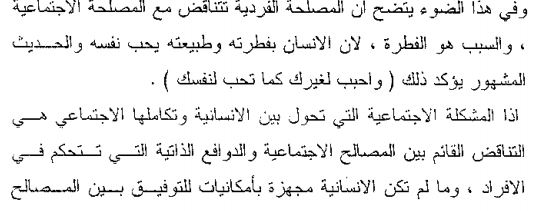Characteristics of Islamic economic planning: Balancing personal and social interest
Keywords:
Islamic economic planning, personal interest, social interestAbstract
Modern development in Third World countries and most Islamic countries has failed to make people happy. The reason is originally due to the civilizational system behind it, which relies on purely material aspects without regard to the spiritual aspects that satisfy man’s instinctive needs. The needs of the Islamic nation for an economic approach are not merely a need for A framework of social organization that states adopt only so that development can be placed within this or that framework once the state adopts it and commits to it. Rather, economic development and the battle against backwardness cannot play its required role unless it acquires a framework that can integrate the nation within it and is established on a basis that interacts with it. The movement of the entire nation is a basic condition for the success of any development and any comprehensive battle against backwardness, because its movement is an expression of its growth, the growth of its will, and the release of its internal talents. If the nation does not grow, it cannot practice the development process. The development of external wealth and the internal growth of the nation must proceed in one line. It is also necessary to have the necessary theoretical foundations to absorb the data of their reality and influence their surroundings to the extent that serves their countries and achieves their human harmony. The comprehensive Islamic theory is the best one to express these treatments for Muslim and Arab countries in particular, because it represents their faith that they adopt and believe in, and the nation that adopts a theory that is compatible with its faith. It will make it an effective tool for growth and progress, and if Islamic economic philosophy is the destiny of nations in Muslim countries, then planned economic organization is the Islamic means of achieving it, on the condition that it adopt its specificity in application and in a way that is consistent with its customs and traditions, as well as its doctrine, which represents the central theoretical starting points in the process of construction, change, and development. .

Downloads
Published
How to Cite
Issue
Section
License
Copyright (c) 2007 College of Administration and Economics - University of Karbala

This work is licensed under a Creative Commons Attribution-NonCommercial-NoDerivatives 4.0 International License.
Authors retain the copyright of their papers without restrictions.



